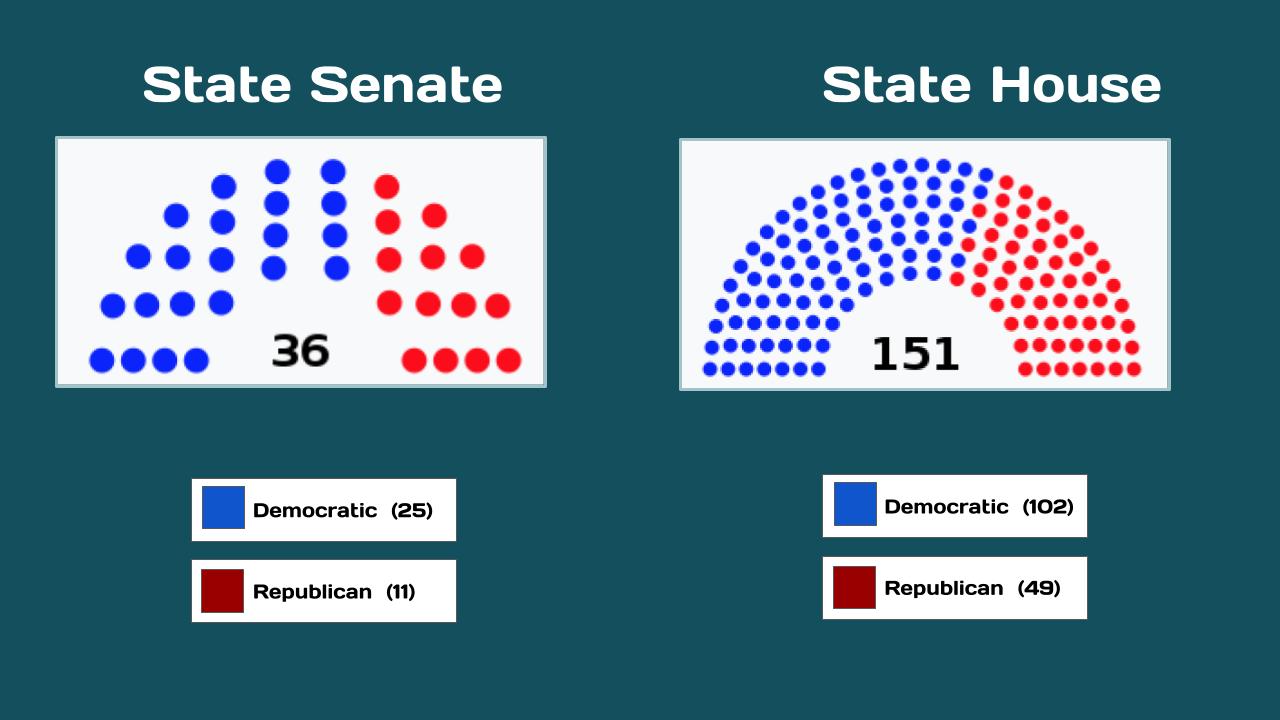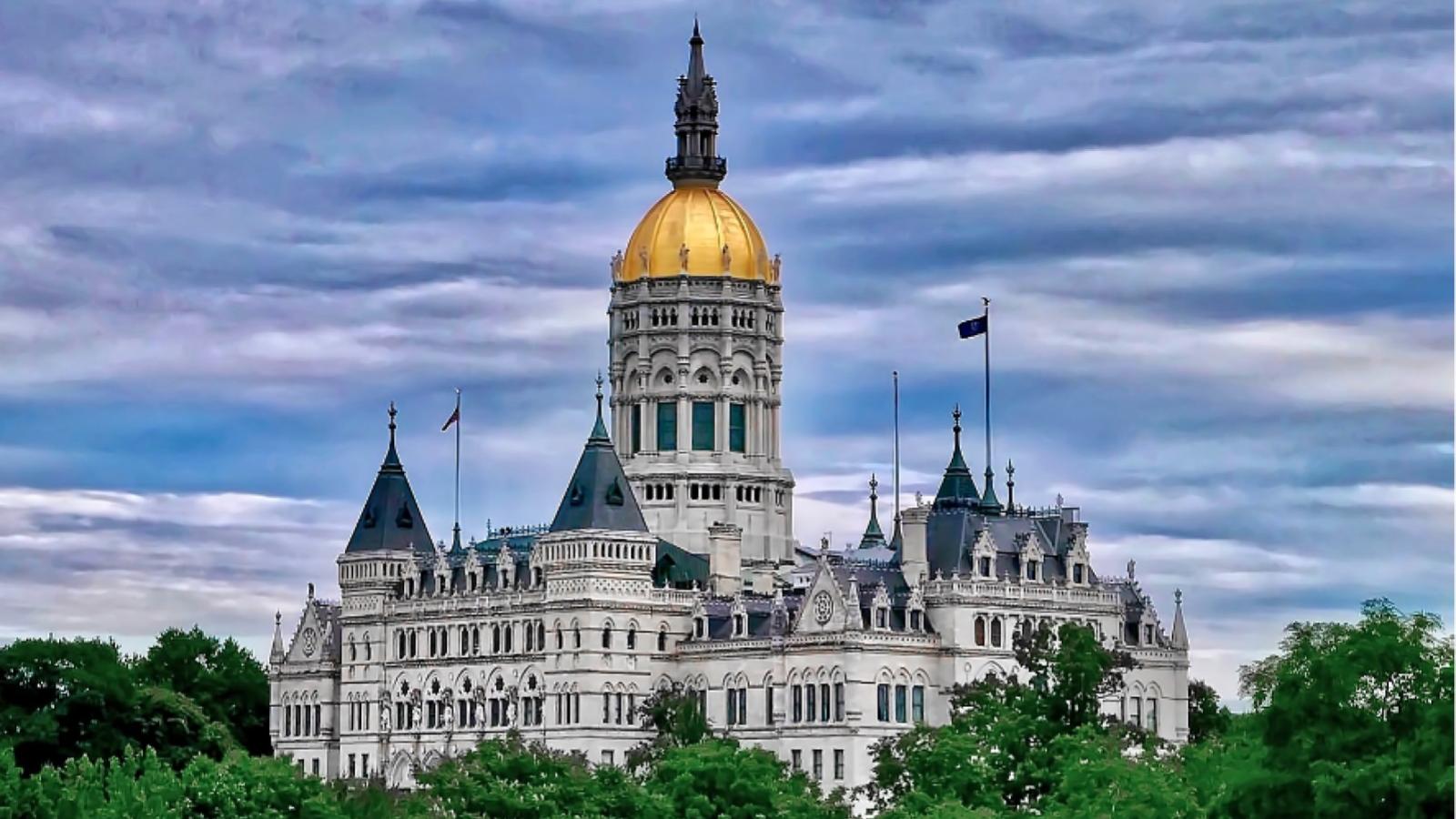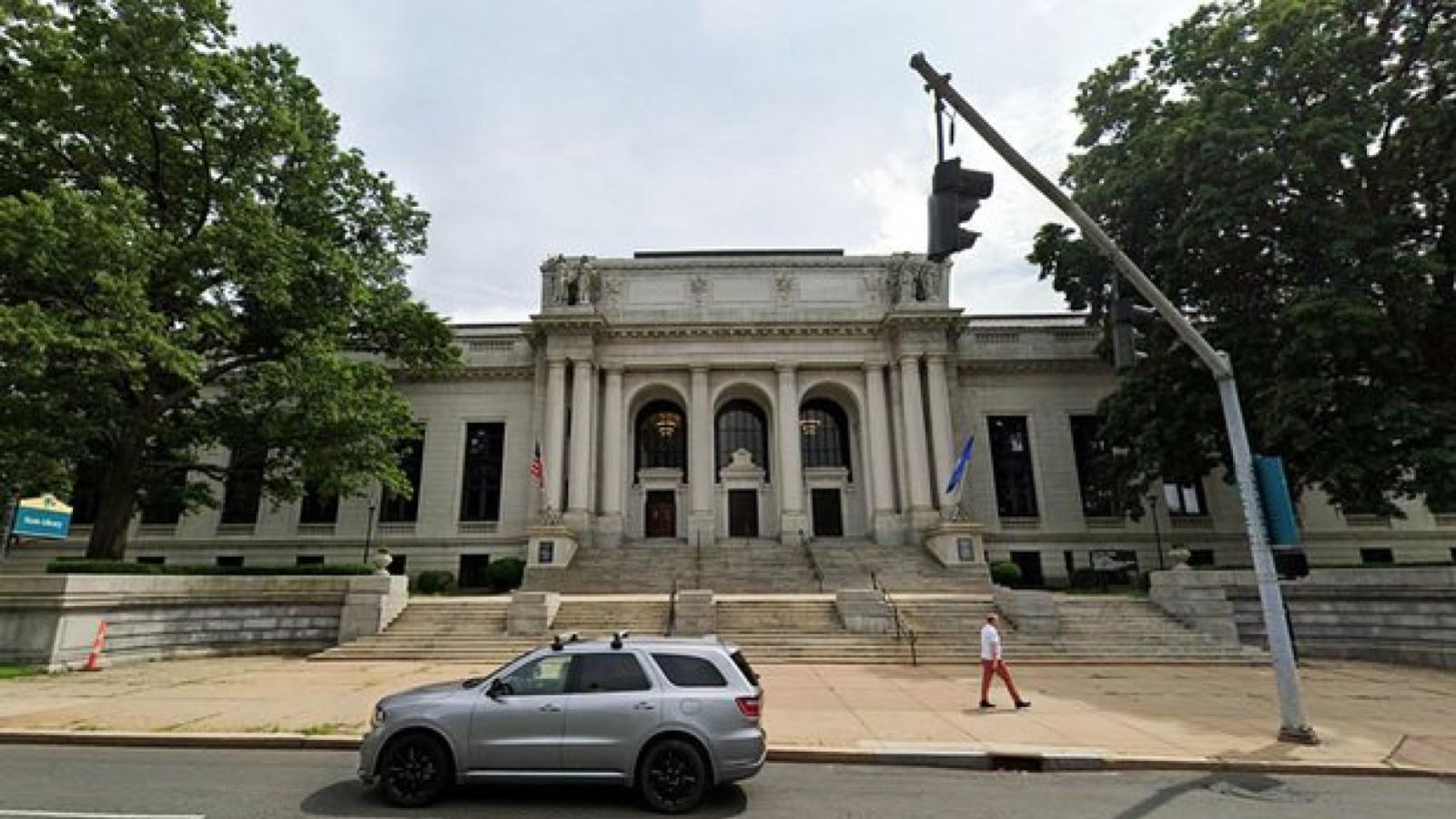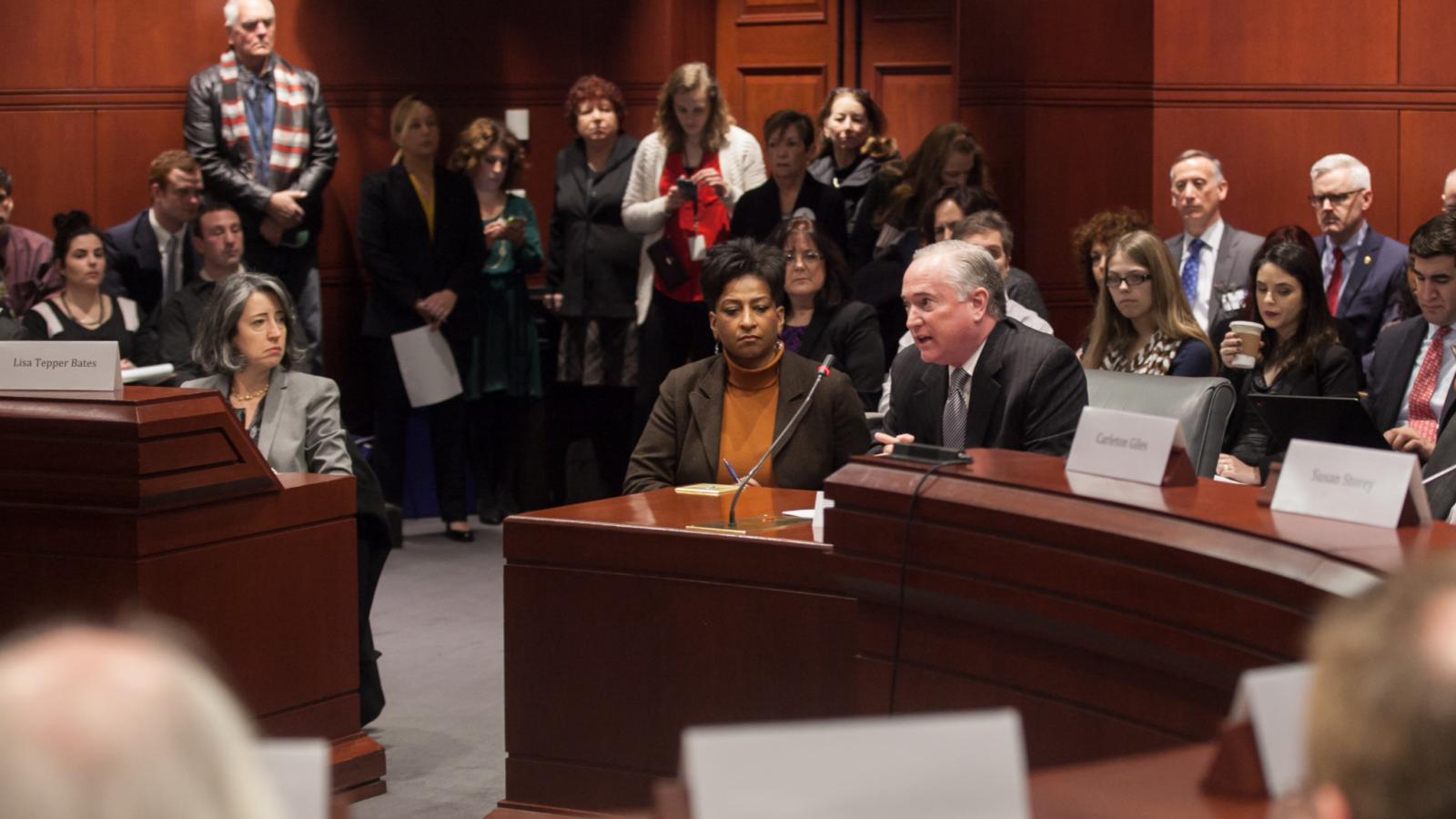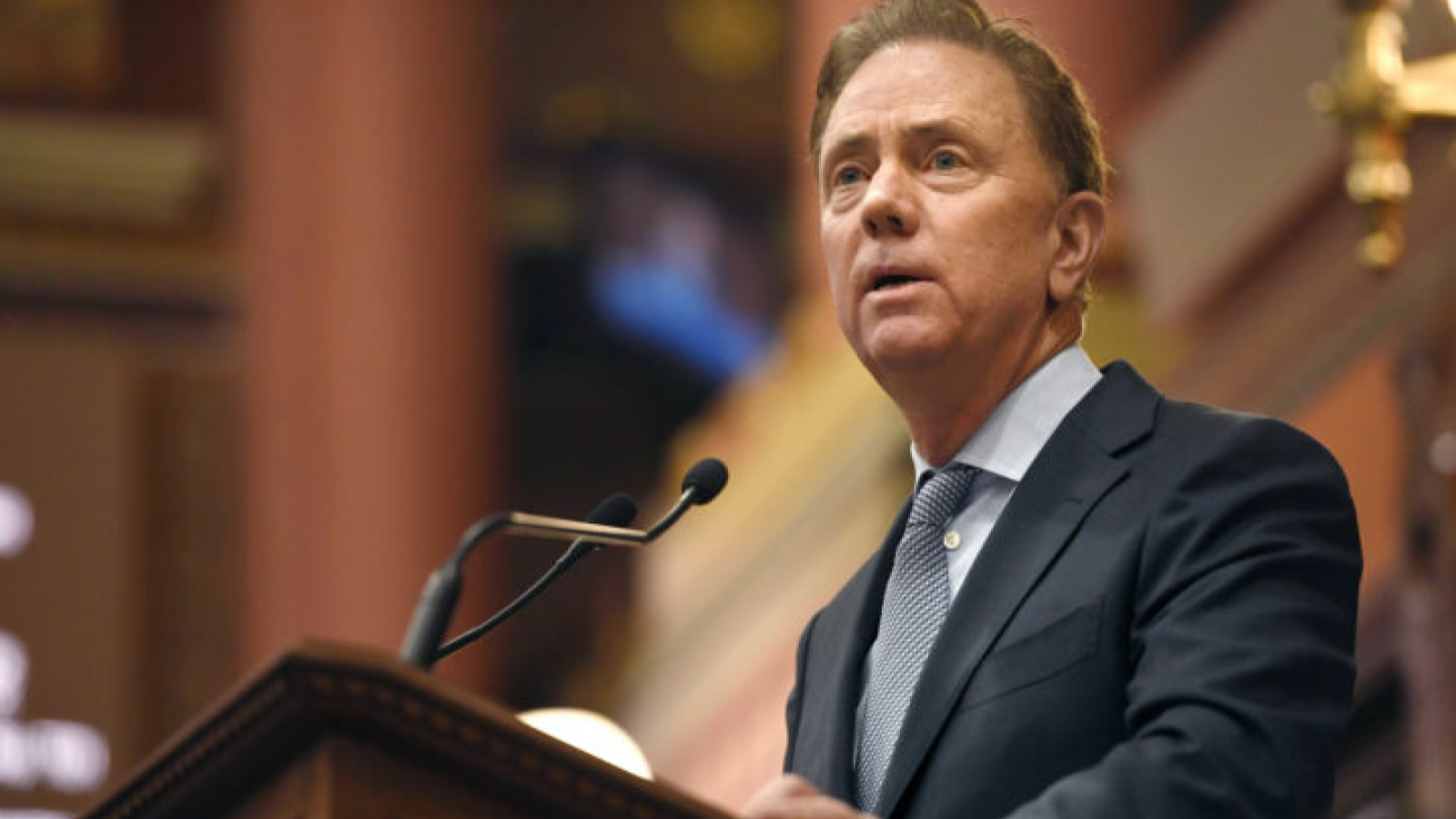Bill legalizing sports betting, online casino games goes to Senate
Connecticut reached a tipping point in its long, complicated relationship with gambling Thursday as the House voted 122-21 for a bill that would make casino games, sports betting and lottery sales available to any adult with an internet connection.
After years of false starts, the measure is the first comprehensive update of gambling laws since the state’s two federally recognized tribes opened Foxwoods Resorts Casino and the Mohegan Sun in the 1990s.
It authorizes the CT Lottery and the two casinos to take sports bets and the casinos to offer virtual versions of slots and table games, a source of new revenue for casinos battered by COVID-19 and competition.
The overwhelming vote in favor reflects a cultural and political shift in a state that barred the sales of liquor on Good Friday until an adverse court ruling in 1981 and clung to Sunday blue laws into the new millennium.
Insist Lamont and lawmakers must compromise on tax reform issues
With state tax receipts booming and billions of federal pandemic relief dollars flowing into Connecticut, leaders of the legislature’s Democratic majority on Wednesday predicted swift adoption of a new state budget.
Democratic legislative leaders, who are still at odds with Gov. Ned Lamont over several proposals to shift tax burdens from the poor and middle class onto the rich, also predicted they would make progress in this area — without an adversarial showdown with the fiscally moderate-to-conservative governor.
“This budget really does a lot of things a lot of folks care about,” House Speaker Matt Ritter, D-Hartford said, referring to the biennial budget proposed by legislative committees, as well as plans to invest federal American Rescue Plan money in core services and programs. “We think we are very close to wrapping things up.”
